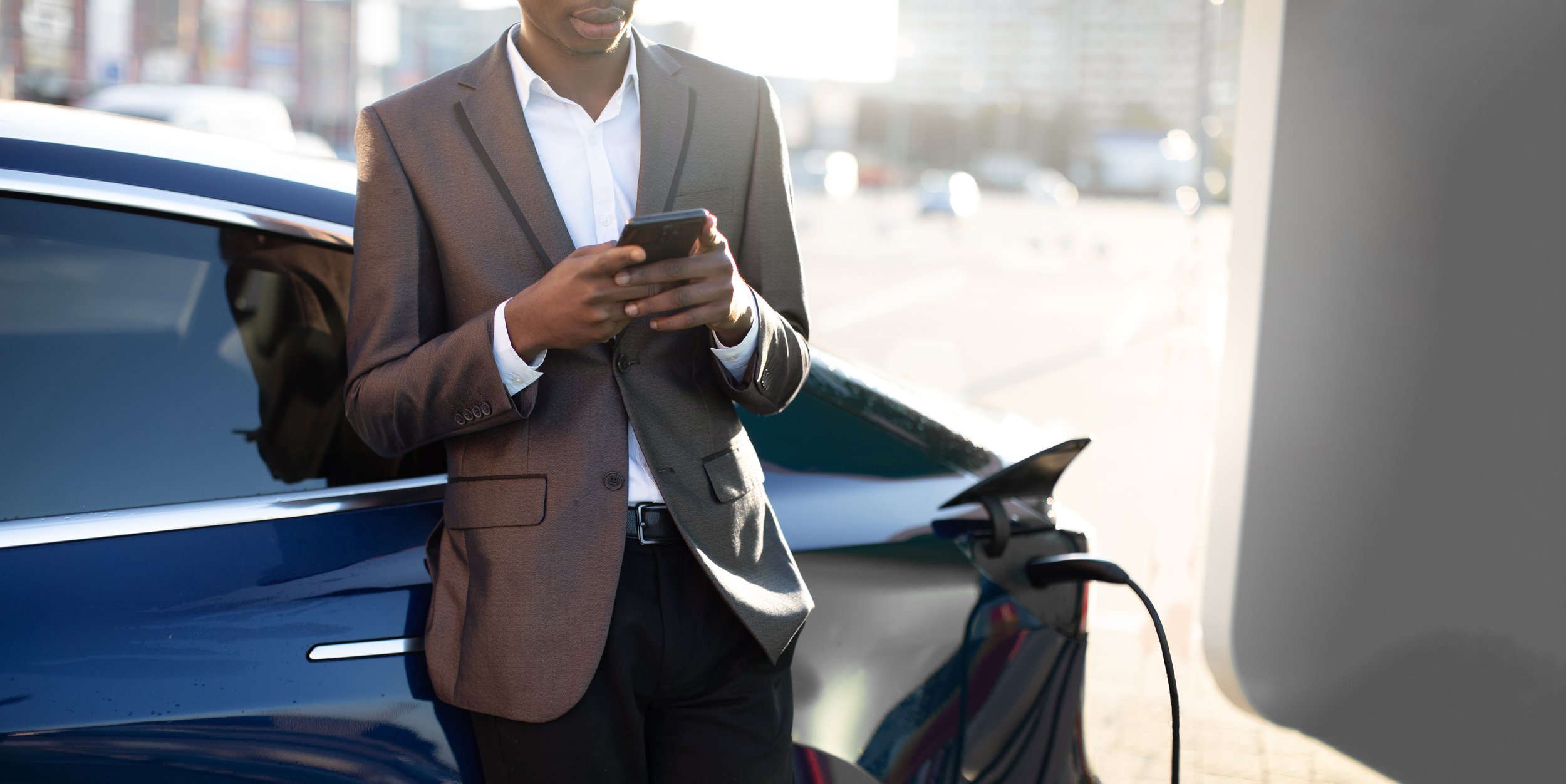
Frequently asked charging questions
-
Our charging rates are clearly posted on each charger and also visible on the EV Range mobile app. Simply click on a station location to see rates before you go. You can download the app at evrange.com/start.
-
No. EV Range public stations can be accessed with a mobile app, available at evrange.com/start, or by credit card payment directly at the station.
-
There are a variety of reasons that your EV charger may not be starting. Please visit https://www.evgo.com/support/ to review our FAQ or to reach out to customer support at support@evrange.com.
-
When you start a charging session, you may see a temporary authorization hold on your payment method. This hold is released after the session ends and the final charge is processed.
-
For any questions about your receipt or billing, please contact customer support at support@evrange.com
-
If you experience any issues with a charger, please contact our support team immediately at support@evrange.com or call our 24/7 hotline.
-
Several factors can affect charging speed, including battery temperature, state of charge, and power output of the charger. If you continue to experience slower speeds, contact support@evrange.com
-
Charging time depends on your vehicle's battery capacity, current charge level, and the power output of the charger. DC fast chargers can add significant range in 15-30 minutes, while Level 2 chargers typically take several hours for a full charge.
-
Level 1 chargers use standard 120V outlets and are slowest. Level 2 chargers use 240V and are common in homes and public locations. DC Fast Chargers (Level 3) provide the quickest charging, typically found along highways and at commercial locations.
-
Yes! Tesla drivers can use EV Range chargers with a Tesla-provided adapter for non-Tesla stations. Most DC fast chargers include CCS connectors that work with Tesla vehicles using the appropriate adapter.
-
Kilowatts (kW) measure the charging power or speed - how fast energy flows into your battery. Kilowatt-hours (kWh) measure the total energy delivered - similar to gallons of gas. A 50 kW charger delivering energy for 30 minutes would provide 25 kWh of energy.
-
Your vehicle may stop charging when it reaches its preset charge limit, due to battery temperature management, or if there's a connection issue. Check your vehicle settings and ensure the charging cable is securely connected. Contact support@evrange.com if issues persist.
